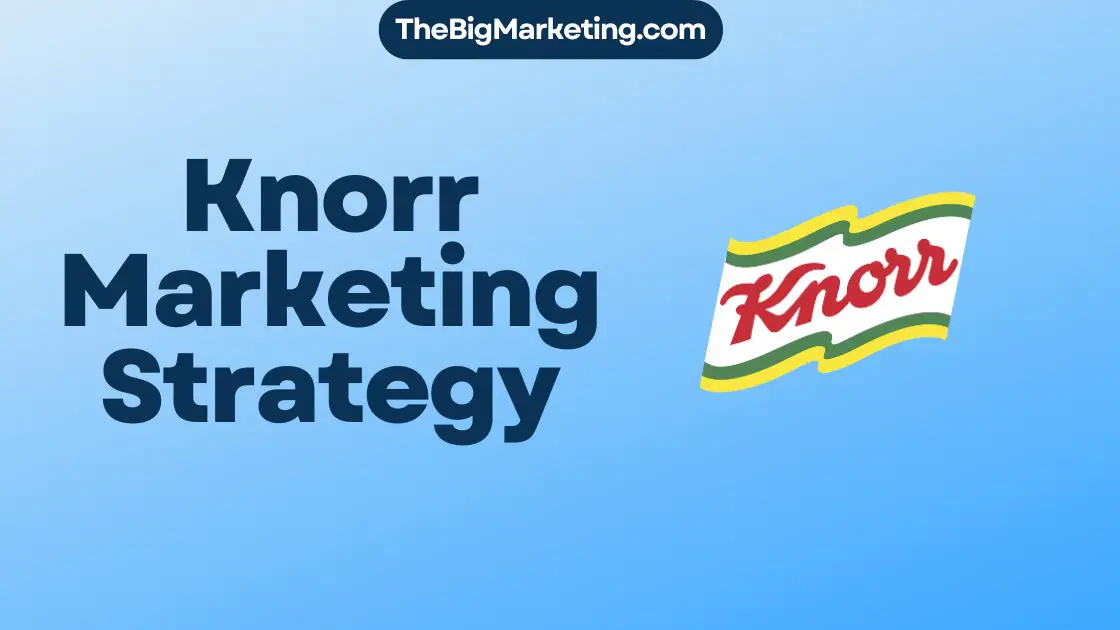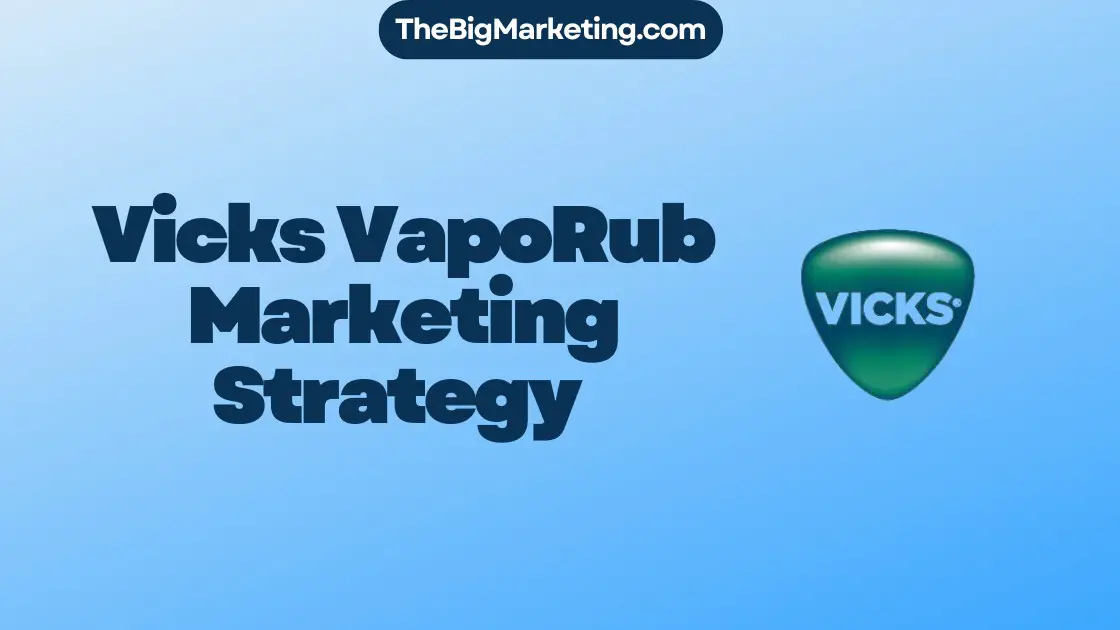A brand marketing manager plays a crucial role in developing strategies and managing campaigns to promote brand growth. Their responsibilities encompass various aspects of marketing, such as market research, content marketing, digital marketing, social media marketing, and design. They work closely with different teams to ensure brand alignment and strengthen the brand’s position in the marketplace.
Brand managers use tools like social media monitoring, media relationship management, customer relationship management software, and data visualization tools to support their work. Becoming a brand manager typically requires a combination of higher education, such as a bachelor’s degree in marketing or communications, and relevant experience in marketing roles. Brand managers can expect a competitive salary and job outlook, with opportunities for career advancement to senior brand managers or marketing directors.
Key Takeaways:
- A brand marketing manager is responsible for developing strategies and managing campaigns to promote brand growth.
- They work closely with different teams to ensure brand alignment and strengthen the brand’s position in the marketplace.
- Brand managers utilize various tools like social media monitoring, media relationship management, and customer relationship management software to support their work.
- Becoming a brand manager typically requires a combination of higher education and relevant experience in marketing roles.
- Brand managers can expect a competitive salary and opportunities for career advancement.
Responsibilities of a Brand Marketing Manager
A brand marketing manager plays a crucial role in developing a unique brand strategy that tells the company’s story and creates a lasting connection with customers. They oversee all aspects of marketing related to the brand, ensuring effective branding decisions that drive sales and build brand loyalty.
Conducting Market Research
One of the key responsibilities of a brand marketing manager is to conduct market research. They analyze market trends, consumer behavior, and competitor strategies to identify opportunities for brand growth and differentiation.
Advising Teams on Branding Strategy
Brand marketing managers work closely with cross-functional teams, such as product development, design, and sales, to advise on branding strategy. They provide guidance and insights to ensure brand alignment across all marketing efforts.
Ensuring Brand Alignment
Brand consistency is crucial for building brand recognition and trust. Brand marketing managers ensure that all marketing materials, campaigns, and communications adhere to the defined brand guidelines and maintain a consistent brand identity.
Managing Projects and Budgets
Brand marketing managers oversee multiple projects and campaigns simultaneously, managing timelines, resources, and budgets effectively. They ensure that projects are delivered on time, within budget, and meet the brand objectives.
Maintaining Relationships with Stakeholders
Successful brand marketing requires collaboration and strong relationships with various stakeholders, including internal teams, external agencies, partners, and vendors. Brand marketing managers establish and maintain these relationships to support brand initiatives.
A brand marketing manager’s responsibilities go beyond traditional marketing tasks. They are responsible for developing a brand strategy that resonates with the target audience, maintaining brand consistency, and driving brand growth through effective marketing efforts.
Tools Used by Brand Managers
Brand managers utilize various tools to support their work and develop effective brand marketing tactics. These tools help brand managers monitor brand performance, consumer feedback, and market trends, allowing them to make informed decisions. Commonly used tools by brand managers include:
Social Media Monitoring and Listening Platforms
Brand managers leverage social media monitoring and listening platforms such as Sprinklr, Hootsuite, and Sprout. These tools enable brand managers to monitor brand mentions, track customer sentiment, analyze social media engagement, and gain insights into competitor activity. By monitoring social media conversations related to their brand, brand managers can identify opportunities for engagement and address customer concerns promptly.
Media Relationship Management and Listening Platforms
Brand managers also utilize media relationship management and listening platforms like Meltwater, Cision, and Muckrack. These tools enable brand managers to monitor media coverage, track industry trends, and identify influential journalists and media outlets. By staying updated on media coverage and building relationships with journalists, brand managers can secure media placements and effectively communicate their brand’s messages.
Customer Relationship Management (CRM) Software
CRM software such as Salesforce, Zoho, and Hubspot is essential for brand managers to manage customer data and track customer interactions. With CRM tools, brand managers can effectively manage customer relationships, identify customer segments, and personalize marketing efforts. By analyzing customer data and tracking interactions, brand managers can understand customer preferences and tailor their brand marketing tactics accordingly.
Data Visualization Tools
Data visualization tools like Tableau, Datawrapper, and Google Charts help brand managers present data and insights in a visually appealing and easy-to-understand format. These tools allow brand managers to create engaging charts, graphs, and infographics to communicate complex information effectively. By visualizing data, brand managers can identify trends, spot patterns, and present data-driven recommendations to stakeholders.
These tools empower brand managers to monitor brand performance, gather actionable insights, and develop effective brand marketing tactics. By leveraging the right tools, brand managers can enhance brand visibility, engagement, and loyalty in an increasingly competitive market.
Becoming a Brand Marketing Manager
To become a brand marketing manager, individuals typically need a combination of higher education and experience. Most companies expect brand managers to hold at least a bachelor’s degree, with majors in marketing, communications, or business. Some brand managers also earn an MBA with a concentration in marketing to further enhance their expertise. Relevant experience in marketing roles, such as social media management, content marketing management, or digital marketing management, is also essential for transitioning into a brand management role. Developing advanced skills in areas such as writing, communication, strategy, project management, personnel management, adaptability, and curiosity about industry trends and innovation is crucial for success as a brand marketing manager.
Educational requirements:
- Bachelor’s degree in marketing, communications, or business
- MBA with a concentration in marketing (optional)
Experience requirements:
- Relevant experience in marketing roles
- Specializations in social media management, content marketing management, or digital marketing management
Key skills for success:
- Strong writing and communication skills
- Strategic thinking and problem-solving abilities
- Project management and organizational skills
- Personnel management and team collaboration
- Adaptability and flexibility in a dynamic market environment
- Curiosity about industry trends and innovation
Sample educational qualifications:
| Degree | University |
|---|---|
| Bachelor’s in Marketing | New York University |
| MBA with a concentration in Marketing | Stanford Graduate School of Business |
With the right combination of education, experience, and skills, individuals can pursue a successful career as a brand marketing manager, enjoying opportunities for advancement, competitive salaries, and the chance to shape the perception and success of a brand.
Brand Manager Salary and Career Advancement
As a brand manager, you can expect a competitive salary that rewards your expertise and contribution. According to one reliable source, the average base salary for a brand manager in the United States is $68,814. However, it is important to note that salary ranges can vary based on factors such as industry, location, company size, and level of experience.
Moreover, the job outlook for management roles in advertising, promotions, and marketing, including brand managers, is promising. It is predicted to grow by 10 percent by 2031, which is faster than average compared to other occupations. This indicates a positive demand for skilled brand managers who can drive brand growth, strengthen market share, and create impactful marketing strategies.
Once you have established yourself as a brand manager, there are numerous career advancement opportunities available. You can progress to senior brand manager roles, overseeing a broader portfolio and leading strategic initiatives. Additionally, you may have the chance to transition into positions such as marketing director or communications director, where you can shape the overall marketing direction and brand vision.
The skills and experience gained as a brand manager will pave the way for further career growth and advancement. With your advanced communication and strategic abilities, you can unlock higher-level roles that involve overseeing more extensive marketing plans and strategies. This progression not only brings increased responsibility and influence but also allows you to make a more significant impact on your organization’s success.
With attractive salaries, strong job prospects, and continuous opportunities for growth, a career as a brand manager offers both stability and potential for advancement. The ability to shape and define a brand’s identity, combined with the ever-evolving landscape of marketing, makes this role a fulfilling and exciting choice for aspiring marketing professionals.
Difference Between a Brand Manager and a Marketing Manager
A brand manager and a marketing manager are both integral roles in driving a company’s marketing efforts. While their responsibilities may overlap to some extent, there are distinct differences between the two positions.
A brand manager is primarily focused on developing and implementing a brand strategy that defines the company’s story and establishes a strong connection with customers. Their responsibilities revolve around all aspects related to the brand, including brand positioning, brand messaging, and brand identity. They work closely with various teams to ensure brand consistency and alignment across marketing efforts. Their key role is to build a unique brand identity that resonates with the target audience, fostering brand loyalty and equity.
Conversely, a marketing manager has a broader scope of responsibilities that encompass the overall marketing activities of a company. They oversee various marketing functions, which may include branding but also extend to areas like advertising, promotions, market research, and customer analysis. Marketing managers are responsible for developing and implementing marketing plans, managing campaigns, and analyzing market trends to drive customer acquisition and revenue growth. They collaborate with different teams and stakeholders to align marketing efforts with business objectives and ensure the company’s marketing strategy is effective.
Key Responsibilities:
The key responsibilities of a brand manager include:
- Developing and implementing brand strategies
- Defining brand positioning and messaging
- Managing brand identity and visual elements
- Ensuring brand consistency across all marketing channels
- Fostering brand loyalty and equity
The key responsibilities of a marketing manager include:
- Developing and implementing marketing plans and campaigns
- Conducting market research and analyzing market trends
- Managing advertising and promotional activities
- Overseeing customer analysis and segmentation
- Collaborating with cross-functional teams and stakeholders
Differences in Focus:
The main difference between a brand manager and a marketing manager lies in their primary focus. Brand managers concentrate on building a unique brand identity and fostering brand loyalty, while marketing managers have a broader focus on various marketing activities that drive business growth. Both roles are vital for a company’s success, working together to ensure effective marketing strategies and impactful brand presence in the marketplace.
Comparison of Brand Manager and Marketing Manager
| Aspect | Brand Manager | Marketing Manager |
|---|---|---|
| Primary Focus | Developing and implementing brand strategies | Managing overall marketing activities |
| Responsibilities | Fostering brand loyalty, ensuring brand consistency | Developing and implementing marketing plans, managing campaigns |
| Scope | Specifically focused on branding and brand management | Broader scope covering multiple marketing functions |
| Collaboration | Collaborates with various teams to ensure brand alignment | Collaborates with cross-functional teams and stakeholders for effective marketing |
Brand Marketing Manager Work Environment and Conditions
Brand marketing managers work in various environments, from bustling advertising agencies to corporate settings in different industries. They play a pivotal role in shaping a brand’s identity and ensuring its success in the market. The work environment for brand marketing managers is typically collaborative, involving strategic planning and creative development.
Brand marketing managers often work in spaces designed to inspire creativity and foster collaboration. Whether it’s an open-plan office or a remote workspace, they create an environment that encourages innovation and ideas. This allows them to engage with different teams and stakeholders to develop effective brand marketing strategies.
The day-to-day tasks of a brand marketing manager can vary widely. They may involve individual responsibilities such as conducting market research, analyzing data, and planning campaigns. Additionally, brand marketing managers actively participate in group efforts that include brainstorming sessions, project reviews, and team collaboration.
As brand marketing managers are responsible for overseeing critical branding initiatives, their role can be high-pressure due to tight deadlines. However, the satisfaction of seeing their creative vision come to life and impact brand perception and market performance is incredibly rewarding. This dynamic work environment keeps brand marketing managers engaged and motivated to drive the brand’s success.
Pros and Cons of Brand Marketing Manager Work Environment and Conditions
| Pros | Cons |
|---|---|
| Collaborative environment | High-pressure due to tight deadlines |
| Inspiring and creative workspace | Workload fluctuations during critical branding initiatives |
| Opportunity to work with diverse teams and stakeholders | |
| Satisfaction of seeing creative vision come to life |
The pros and cons of the brand marketing manager work environment and conditions are as follows:
- The collaborative environment allows brand marketing managers to work closely with diverse teams and stakeholders, fostering innovation and creativity.
- Brand marketing managers often have inspiring and creative workspaces that contribute to their ability to develop effective brand marketing strategies.
- The role can be high-pressure due to tight deadlines during critical branding initiatives, requiring brand marketing managers to efficiently manage their time and resources.
- Workload fluctuations may occur during intense branding initiatives, demanding adaptability and flexibility from brand marketing managers.
- The satisfaction of seeing their creative vision come to life and positively impact brand perception and market performance provides a great sense of fulfillment for brand marketing managers.
Overall, brand marketing managers thrive in a collaborative and stimulating work environment, driving brand success through their strategic planning, creative development, and effective brand marketing tactics.
Is Brand Marketing Manager a Good Career Path?
Being a brand marketing manager is a highly regarded and fulfilling career choice. It sits at the core of a company’s success, influencing brand perception and value in the market. The demand for skilled brand marketing managers is increasing as businesses recognize the importance of strong branding for a competitive edge. Brand marketing managers enjoy competitive salaries, opportunities for career advancement, and the chance to work with various brands and products.
The dynamic nature of the role, coupled with the need for brand innovation across industries, makes it a resilient and future-oriented career choice. The constant evolution of digital marketing and consumer preferences further enhances the importance of brand marketing, offering a challenging yet rewarding path with ample opportunities for personal and professional growth.
Comparing Brand Marketing Manager and Marketing Manager Roles
| Brand Marketing Manager | Marketing Manager |
|---|---|
| Focused on developing and implementing a brand strategy | Oversees a broader range of marketing activities |
| Ensures brand alignment across all marketing efforts | Manages various marketing areas such as advertising, promotions, market research |
| Creates lasting connections with customers through branding decisions | Analyzes customer data and trends for strategic marketing decisions |
Brand marketing managers play a crucial role in driving brand growth, establishing brand loyalty, and ensuring brand alignment across marketing efforts. With the right combination of education, experience, and skills, individuals can pursue a successful career as a brand marketing manager, enjoying opportunities for advancement, competitive salaries, and the chance to shape the perception and success of a brand.
Conclusion
Being a brand marketing manager goes beyond just developing a brand strategy. It involves overseeing various marketing responsibilities, collaborating with teams, utilizing tools, and continuously adapting to market changes. Brand marketing managers play a crucial role in driving brand growth, establishing brand loyalty, and ensuring brand alignment across marketing efforts.
With the right combination of education, experience, and skills, individuals can pursue a successful career as a brand marketing manager. They have the opportunity to shape the perception and success of a brand, enjoying competitive salaries and opportunities for advancement. As the market evolves, brand marketing managers must stay agile and proactive to meet consumers’ changing needs and preferences.
In summary, brand marketing managers are integral to a company’s success. They are the architects behind creating and executing effective brand strategies. By combining creativity, strategic thinking, and strong leadership skills, brand marketing managers can help businesses thrive in a competitive marketplace.








